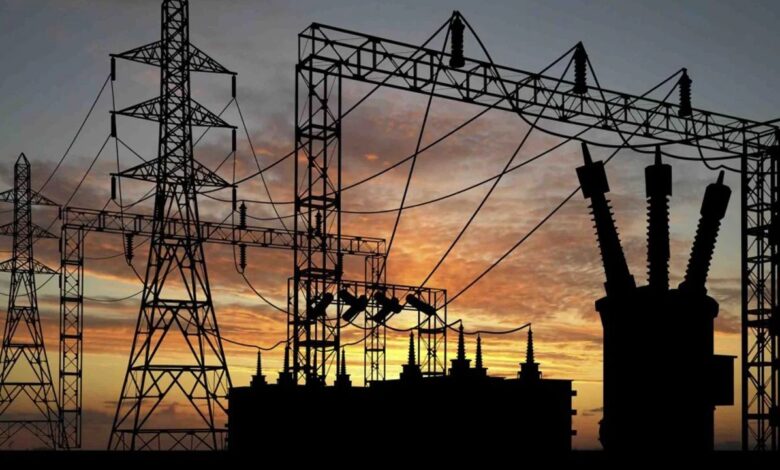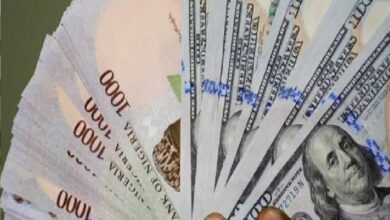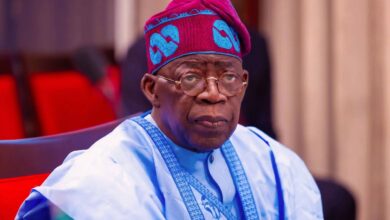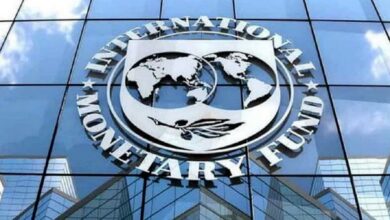Economic hardship: Anxiety as Tinubu govt considers electricity subsidy removal

Nigerians are in a state of anxiety as the federal Government led by President Bola Ahmed Tinubu considers ending electricity subsidy in the next few days amid the worsening economic situation in the country.
The Minister of Power, Adebayo Adelabu, said at a briefing on February 14, 2024, that the Government cannot sustain electricity subsidy as its debt reaches N3 trillion.
This statement has shocked many Nigerians who fear that the government is planning to inflict more suffering on them by removing electricity subsidy after it had removed fuel subsidy and floated the Naira.
With the high cost of living, economic hardship, and inflation hitting a record high of 29.90 per cent in January 2024, most Nigerians would find it hard to cope with the removal of electricity subsidy.
The International Monetary Fund has advised Nigeria to stop subsidizing electricity just as it did with fuel and Naira.
This has put Nigeria in a dilemma of whether to adopt a tariff that reflects the true cost of electricity or to continue subsidizing electricity.
The Nigerian Electricity Regulatory Commission reported that the country spent N2.8 trillion on electricity subsidies from 2015 to 2022.
The government also revealed that it spent N600 billion on electricity subsidies in 2023 alone as foreign exchange and inflation increased the cost-reflective tariffs to N124/kWh.
The government is expected to spend N1.6 trillion on electricity subsidies in 2024.
However, Nigerians are not spared from the electricity problem as electricity tariffs have been raised at least five times from 55 per cent to 94 per cent of cost recovery from January 2020 to January 2023 despite the poor supply, outages, and decayed distribution infrastructure, among other issues.
This is why the power sector has not improved ten years after it was privatized in 2013.
Nigeria’s power sector has not grown, with the country still struggling with a low power generation, transmission, and distribution capacity of about 5,625MW, 8,500MW, and 8,425MW, respectively, for a population of over 200 million.
For example, in the past weeks, electricity supply has reduced across the country as DisCos have resorted to power rationing or shedding.
The government blamed gas shortages for this.
The Nigerian Electricity Supply Industry still needs to grow in the post-privatization era. Some people think that electricity subsidy removal is necessary, while others argue that electricity subsidy should continue because power is a social service.
Bolaji Tunji, the special adviser on strategic communication and media relations to the Minister of Power, Adebayo Adelabu, told DAILY POST on Monday that his boss did not say that electricity subsidy would be removed.
He said that the Minister suggested that all the possible solutions to the current challenges in the power sector should be presented.
Tunji said that it is up to the President, Bola Ahmed Tinubu and Nigerians to decide whether to keep electricity subsidy or to adopt cost-reflective tariff.
“The Minister said that we should put all the options on the table and let the President and Nigerians decide whether to continue with fuel subsidy or to go for cost-reflective tariff.
“The President and the Nigerian people can decide to remove electricity subsidies. The Minister is saying that there is no problem with electricity subsidy, but it must be backed by cash, and if the Government cannot continue, let Nigerians decide.
“Let’s decide that we cannot continue with electricity subsidy; let’s have a cost-reflective tariff. The Minister did not say that the Government wanted to remove electricity subsidies. The Government is only looking for the best way to solve the power problem in the country,” Tunji said.




